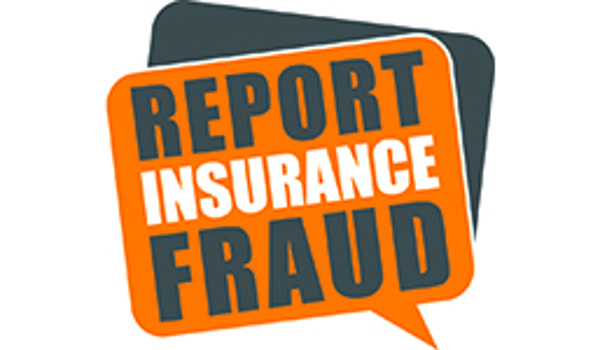New YouGov findings show growing number of young adults tempted by insurance fraud
05 July 2023
New YouGov findings published today by the Insurance Fraud Bureau (IFB) suggest a growing number of young adults could turn to insurance fraud as the cost-of-living crisis deepens.
As many as one in four young adults now say they would ‘likely’ consider an act of insurance fraud if they were struggling financially, which is a marked increase when compared to the same survey results taken last year.
The findings come amid concerns that more people are turning to opportunistic fraud as they struggle to make ends meet. In response, IFB has launched a public awareness campaign called Fraud Cons to highlight the devastating consequences that fraud can have on those tempted to make fraudulent insurance applications or claims.
Ursula Jallow, Director at IFB, said:
“Opportunistic fraud has serious consequences for those who are dishonest, which includes being placed on the Insurance Fraud Register and facing a potential criminal conviction. Furthermore, fraud can put innocent people at risk and adds costs to everyone else’s insurance premiums, which is why we’re so determined to tackle the issue in collaboration with insurers and the police. Our campaign is shining a spotlight on the reality that opportunistic fraudsters face, so that more people will think twice before making a falsified insurance application or claim.”
Mark Allen, Assistant Director, Head of Fraud and Financial Crime, Association of British Insurers, said:
“Insurers appreciate that many customers are facing financial pressures due to rising cost of living bills, and they are doing all they can to help, while continuing to pay genuine claims as quickly as possible. But whatever the financial pressure, making a fraudulent insurance claim is not the answer, as the only thing you are likely to gain is a criminal record, making future insurance and other financial products harder and more expensive to obtain.”
Detective Chief Inspector Tom Hill, from the Insurance Fraud Enforcement Department (IFED) at City of London Police, said:
“It is worrying to see that there is a rise in younger people turning to or considering committing insurance fraud. We know that the cost of living is increasing and is causing finances to be stretched for so many, but turning to fraud is not the answer. Committing fraud can leave you with a criminal record, and can result in prosecution or a prison sentence."
New fraud findings
YouGov findings taken in June 2023 suggest young adults are more likely to consider insurance fraud than older respondents, and there has been a rise in people’s willingness to do so when compared to the same survey question results taken in July 2022.
The 2023 survey found that if struggling financially, one in four (27%) 18-24 year olds would think about lying on an insurance application to save money - this was previously one in five (21%) just one year earlier. And, one in five (22%) 25-34 year olds would do the same -previously one in six (16%). Whilst one in five (21%) 18-24 year olds would also consider lying on an insurance claim to make money - this was previously one in seven (14%). And, nearly one in five 25-34 year olds (18%) would do the same – previously one in seven (13%).
Across all age groups, one in ten people said they would consider making a fraudulent insurance application or claim if struggling financially. Neary two in every five (38%) respondents also said they felt financially desperate specifically due to the impact of the cost-of-living crisis.
What are the consequences of opportunistic fraud?
Opportunistic fraud is a term used by the insurance industry to describe everyday people who are not linked to organised crime but spot an opportunity to commit fraud to either save costs on an insurance application or make money on a claim.
If an insurer has clear evidence that someone has deliberately attempted a fraudulent insurance application or claim, the perpetrator can be added to the Insurance Fraud Register (IFR) which is accessed by the wider insurance industry.
Those placed on the IFR can be denied insurance services or if it is offered, it will be significantly more costly due to the associated risk. This can leave people unable to:
- insure a vehicle for third-party cover, which is a legal requirement for motorists.
- get buildings insurance, which is often compulsory for securing a mortgage.
- take out liability insurance, which is required for many business premises.
- have life and death insurance, which can leave loved ones in financial hardship.
- secure contents cover, which can leave a home vulnerable to damage or theft.
In addition, insurance fraudsters can face imprisonment and any money gained through financial crime can be retrieved through the courts via the Proceeds of Crime Act (POCA). A criminal record can also impact career prospects.
City of London Police’s Insurance Fraud Enforcement Department (IFED) recently reported a 61% rise in opportunistic fraud being reported to them, which has led to several convictions.
For a list of organisations providing support for those struggling financially, and for information about reporting insurance fraud to IFB’s Cheatline, please visit the Fraud Con campaign page.


